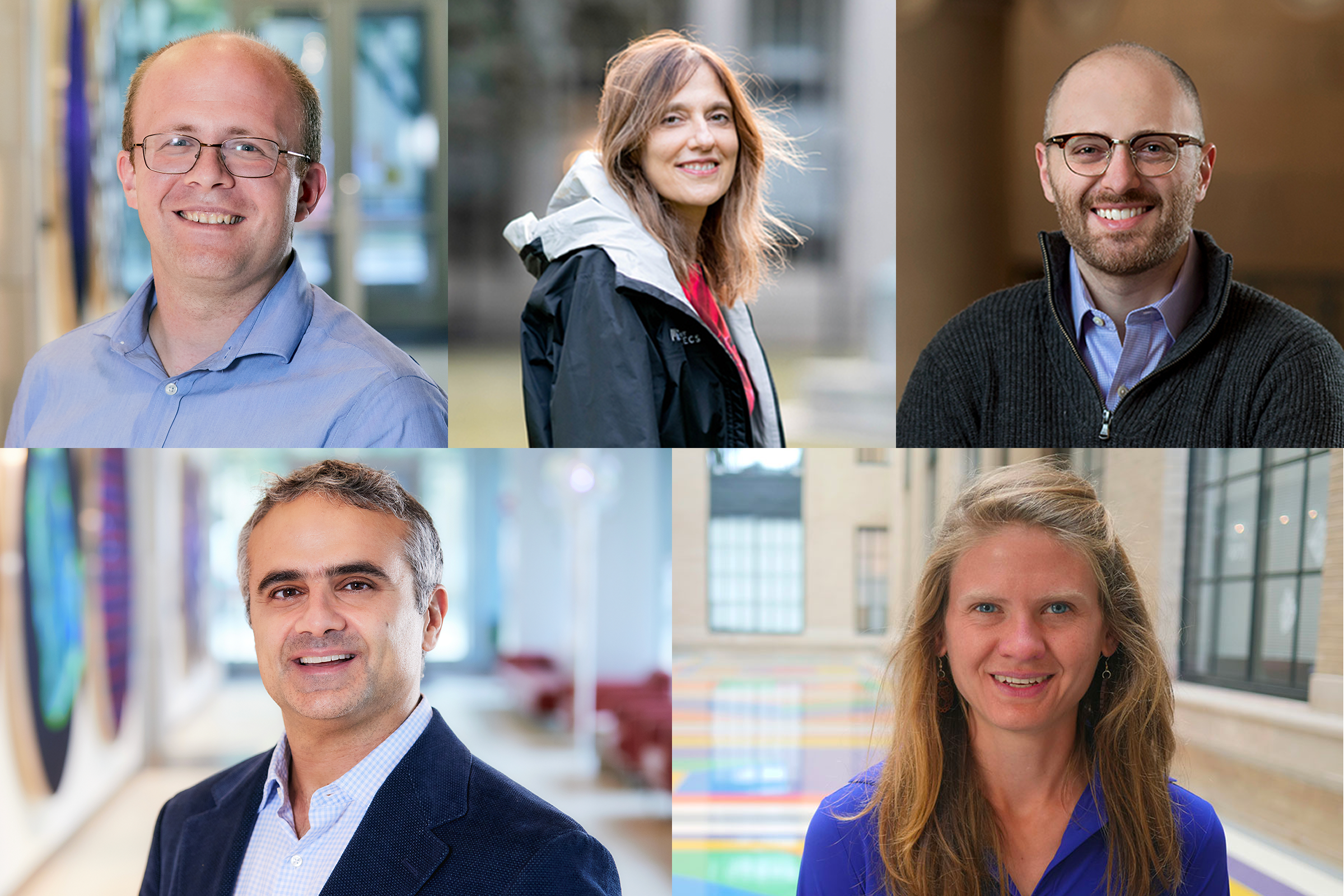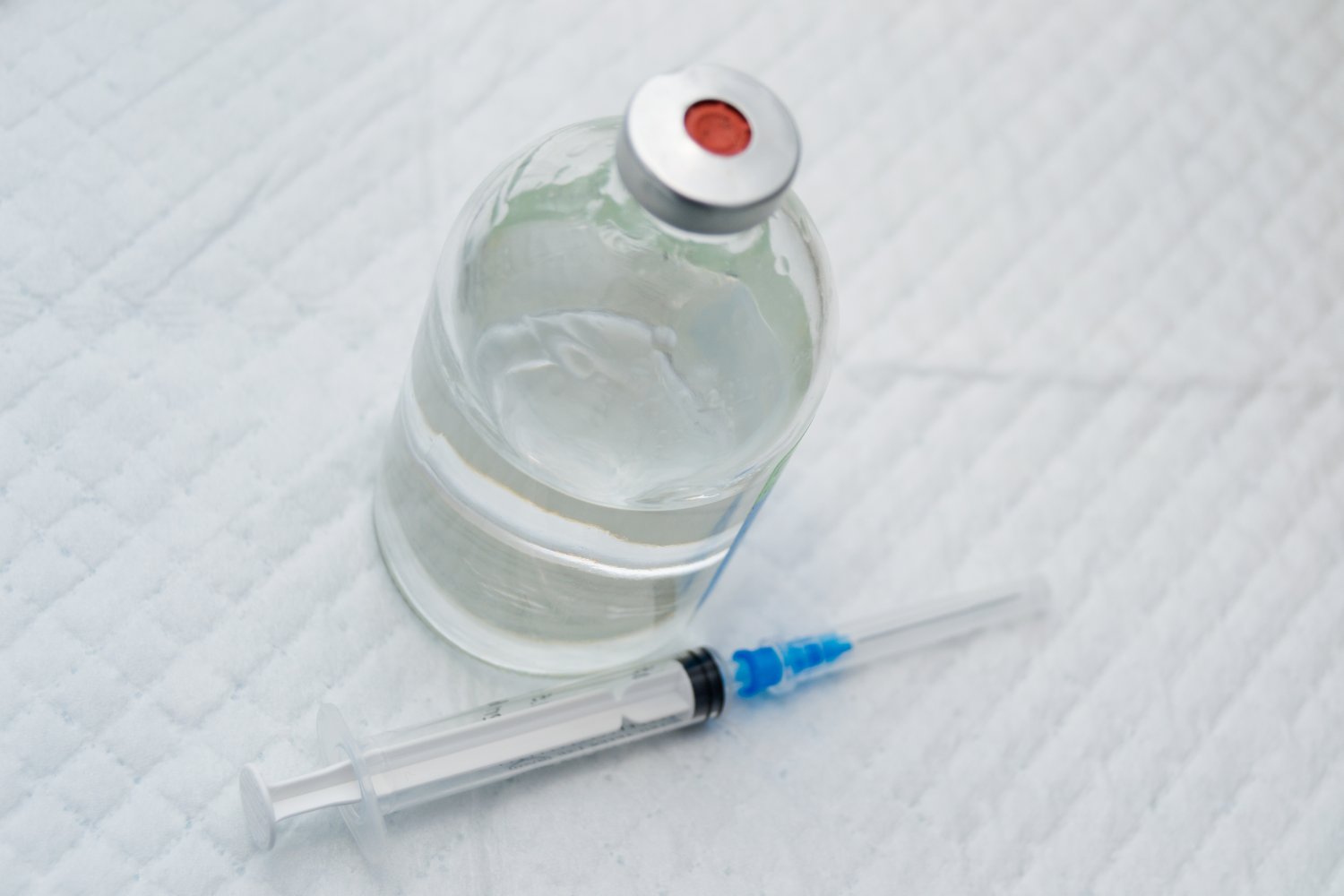Numerous factors contribute to the success of patient care, including timely diagnosis, adherence to medication regimens, and effective management of chronic conditions. These elements are crucial for achieving better health outcomes. However, external influences can disrupt these processes; for instance, medications may prove less effective if not taken as directed, and early-stage diseases can be overlooked if symptoms are mild or absent.
Giovanni Traverso, an esteemed associate professor in mechanical engineering and gastroenterology at Brigham and Women’s Hospital (BWH), is dedicated to advancing patient care through innovative solutions. Merging his expertise as a physician and an engineer, Traverso offers a unique approach to healthcare challenges.
“The intersection of these two fields is key to transforming and enhancing our ability to create novel biomedical devices and therapies for various health conditions,” Traverso explains. “As physicians, we have the privilege to help individuals, but as scientists and engineers, we can extend our impact to entire populations.”
Traverso’s enthusiasm for this interdisciplinary work began early in his life. After spending much of his childhood in Peru, his family emigrated to Canada during a period of political upheaval, where he began his high school education.
“In high school, I had the incredible opportunity to spend time in a laboratory,” he recalls. “I fell in love with molecular genetics, enjoying the lab environment and the chance to explore intricate problems with the hope that my discoveries could eventually assist others.”
Transitioning directly from high school to medical school at the University of Cambridge, Traverso later pursued a PhD in medical sciences at Johns Hopkins University before returning to complete his medical education. He undertook residency in internal medicine at BWH and completed his gastroenterology fellowship at Massachusetts General Hospital, both affiliated with Harvard Medical School. His postdoctoral research then transitioned him into the realms of chemical and biomedical engineering under Professor Robert Langer.
Currently, Traverso’s research focuses on developing cutting-edge biomedical devices, including ingestible and implantable robotics as well as innovative drug delivery systems that enhance medication adherence. As part of the Mechanical Engineering Department at MIT, he integrates various fields—mechanical and electrical engineering, material science, and synthetic biology—into his work.
“The mechanical engineering department is an excellent platform for collaborating with students and faculty on the next wave of medical device development,” he says. “Fundamental mechanical principles are at the core of many medical innovations.”
At the Laboratory for Translational Engineering, Traverso and his team are pioneering biomedical devices such as sophisticated drug delivery systems for assured and efficient therapeutic administration, along with novel diagnostic tools aimed at promoting early disease detection.
At the core of Traverso’s work is the mission of helping others—caring for patients and inspiring students to appreciate the journey from bench to bedside, while also igniting their passion for careers that leverage engineering to enhance human health.
Photo credit & article inspired by: Massachusetts Institute of Technology



